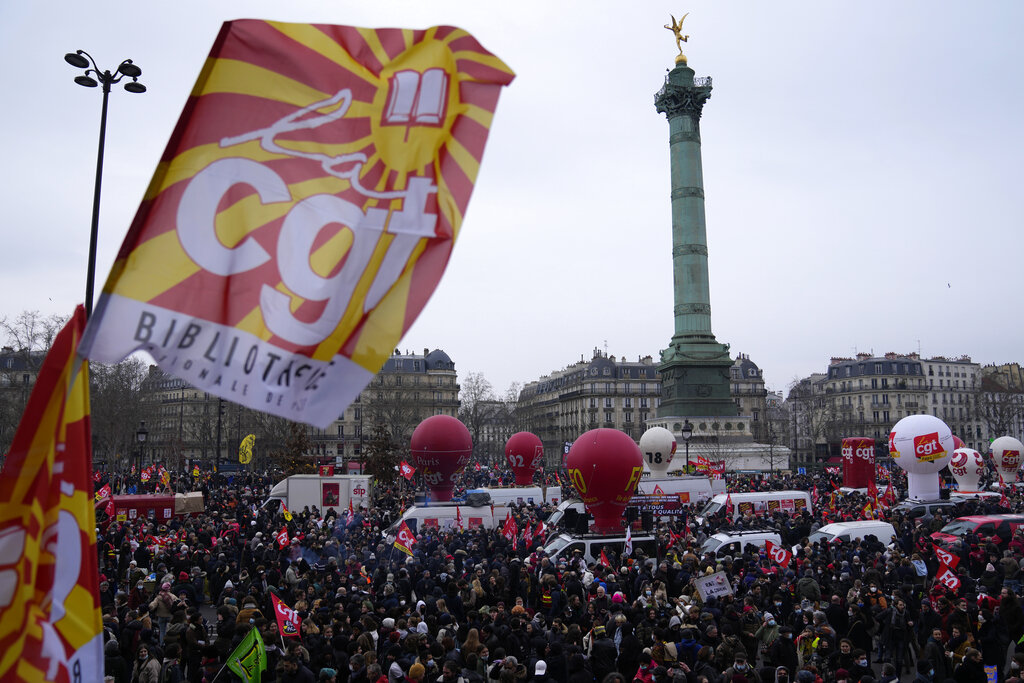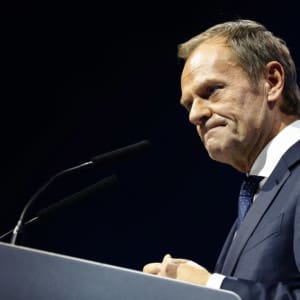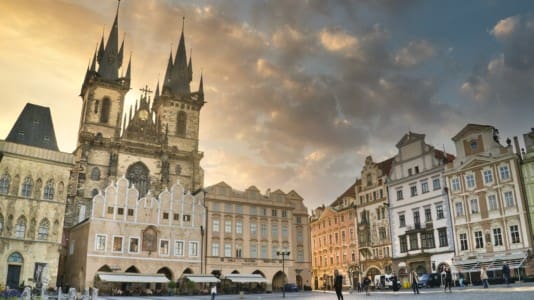French people are interested in but suspicious of politics, want more democracy, and are an increasingly right-wing electorate. This is the landscape in which the candidates for the April presidential election evolve according to the barometer of political confidence, carried out by the Center for Political Research of Sciences Po (Cevipof) from a large panel of 10,500 people questioned by OpinionWay, which Le Figaro published exclusively.
The main takeaway? The French political climate remains weighed down by mistrust. After two years of a major health crisis, “weariness” and “distrust” are the two words that best express the state of mind of the population. From the memory of a political scientist — this barometer has existed since 2009 — the French have never said they are so suspicious of politics (37 percent), which equals a 14-point increase compared to May 2021.
Among the politicians, the only ones the majority of French people trust are local politicians, such as mayors along with local and regional municipality representatives, who are far more trusted than MPs (45 percent) or the president of the republic, Emmanuel Macron (38 percent).
This also shows that Macron, despite his earlier promise to create more “democratic adhesion,” has failed to institute a reform in this respect.
“I did not manage to reconcile the French people with their leaders,” Macron said in 2018 — and that was before the Yellow Vests movement even appeared. Also, 75 percent of those asked were of the opinion that “the country has lost its moral compass.”
As for political preferences, the poll showed a clear advantage of those with right-leaning views: 32 percent considered themselves positioned to the right, followed by 20 percent who said they agreed with the NSP (New Socialist Party), 17 percent with the left, 14 percent are centrist, 11 percent far-right and 6 percent consider themselves far-left.





